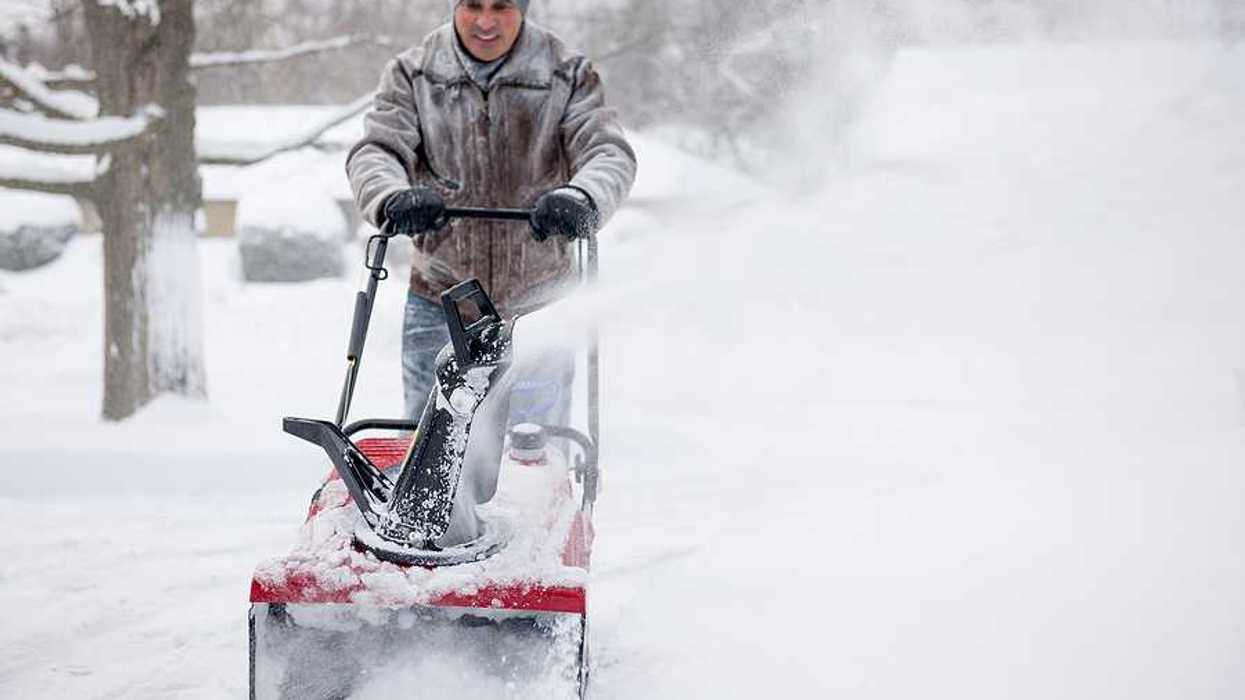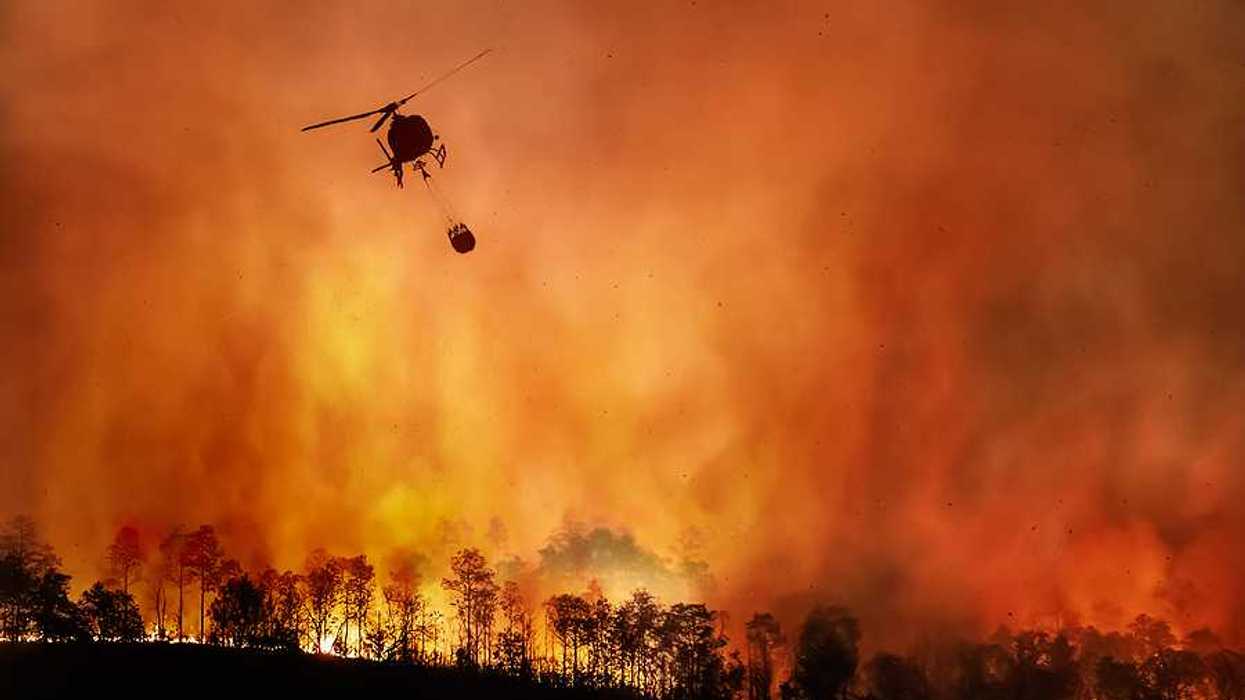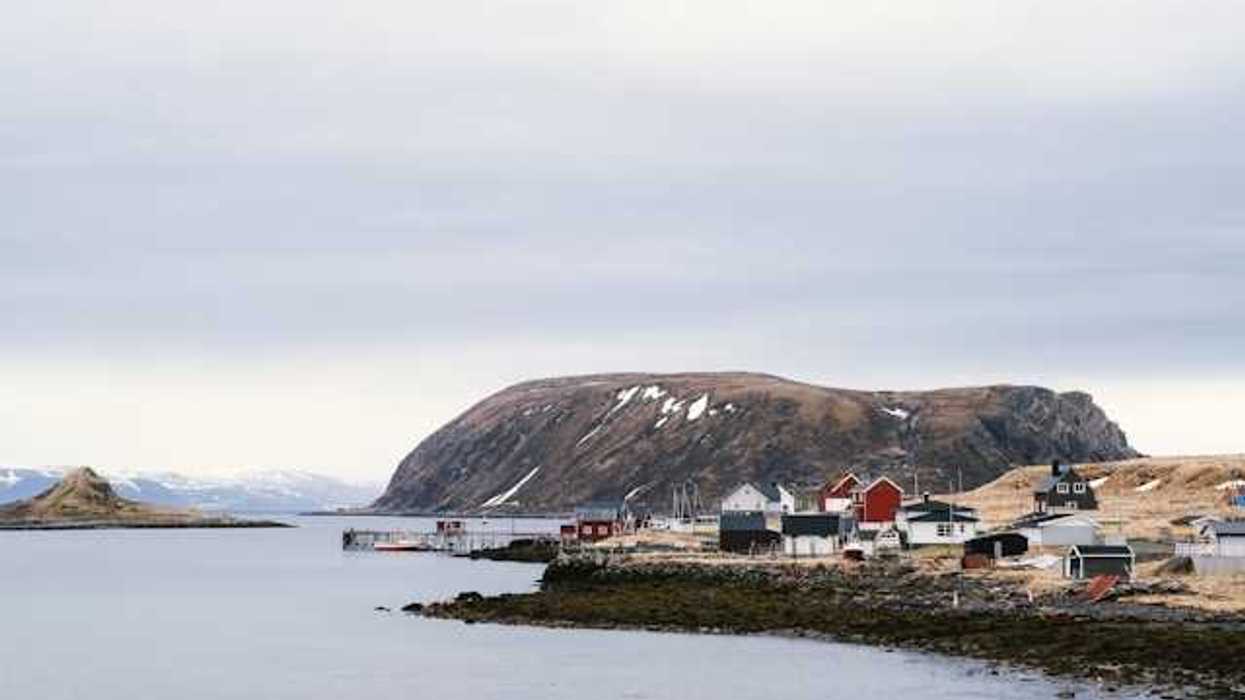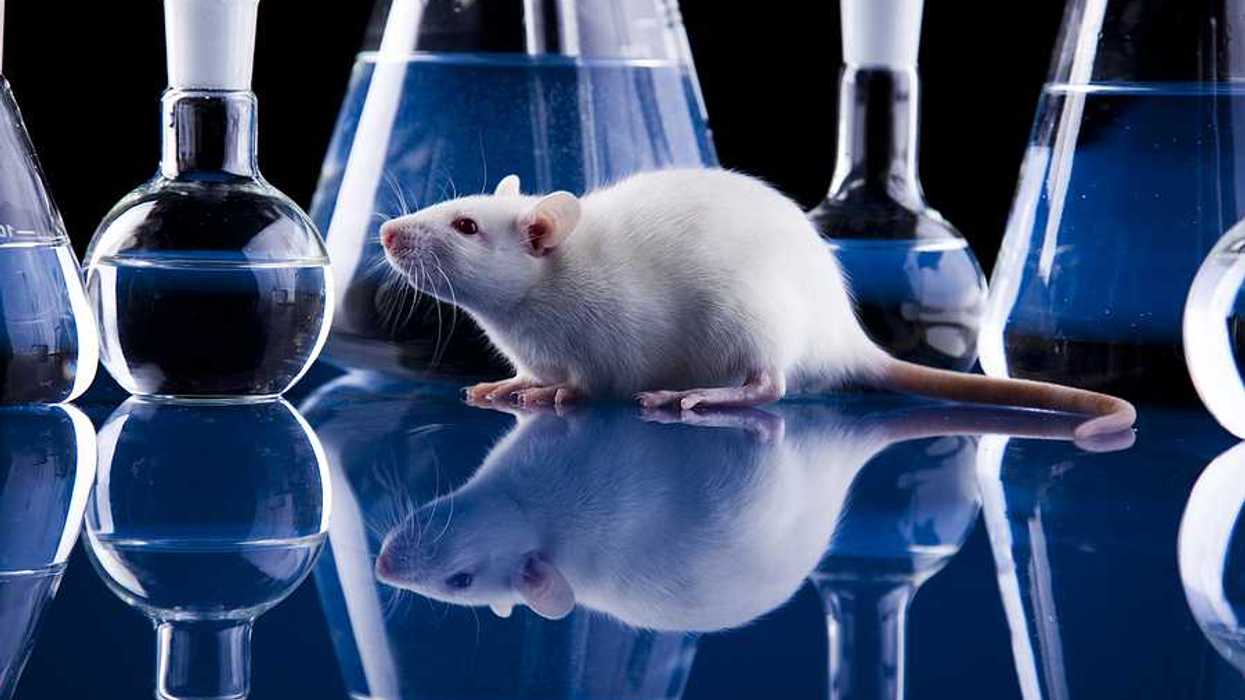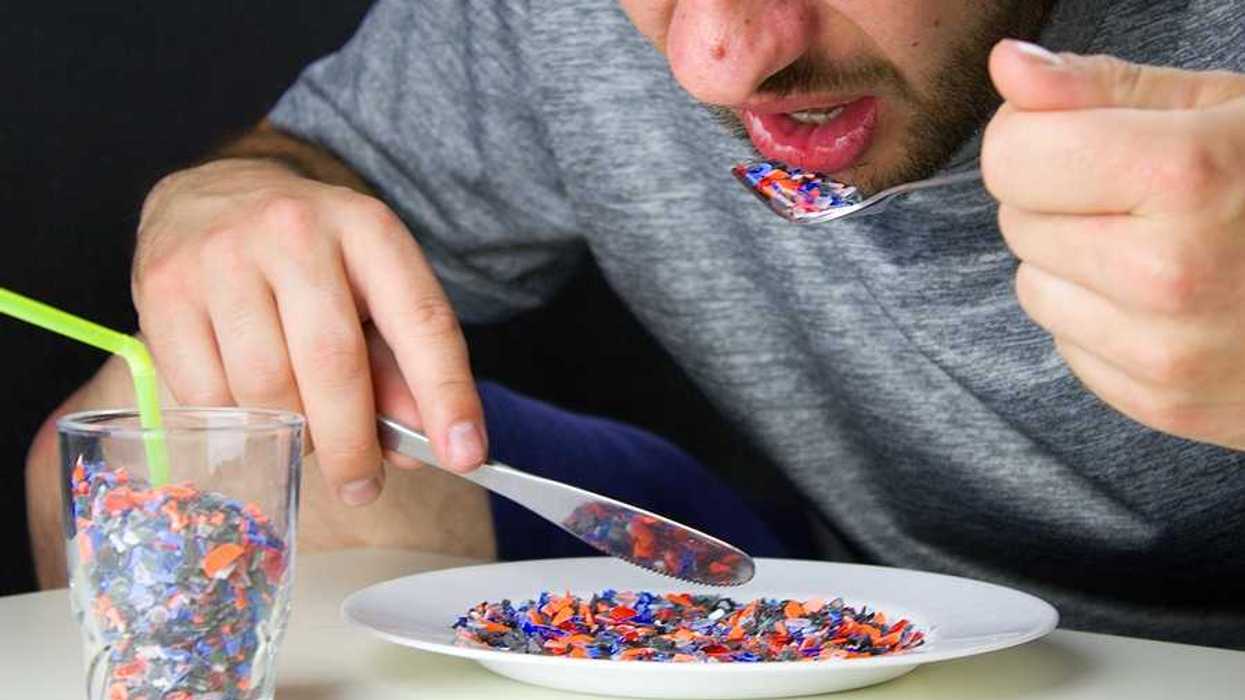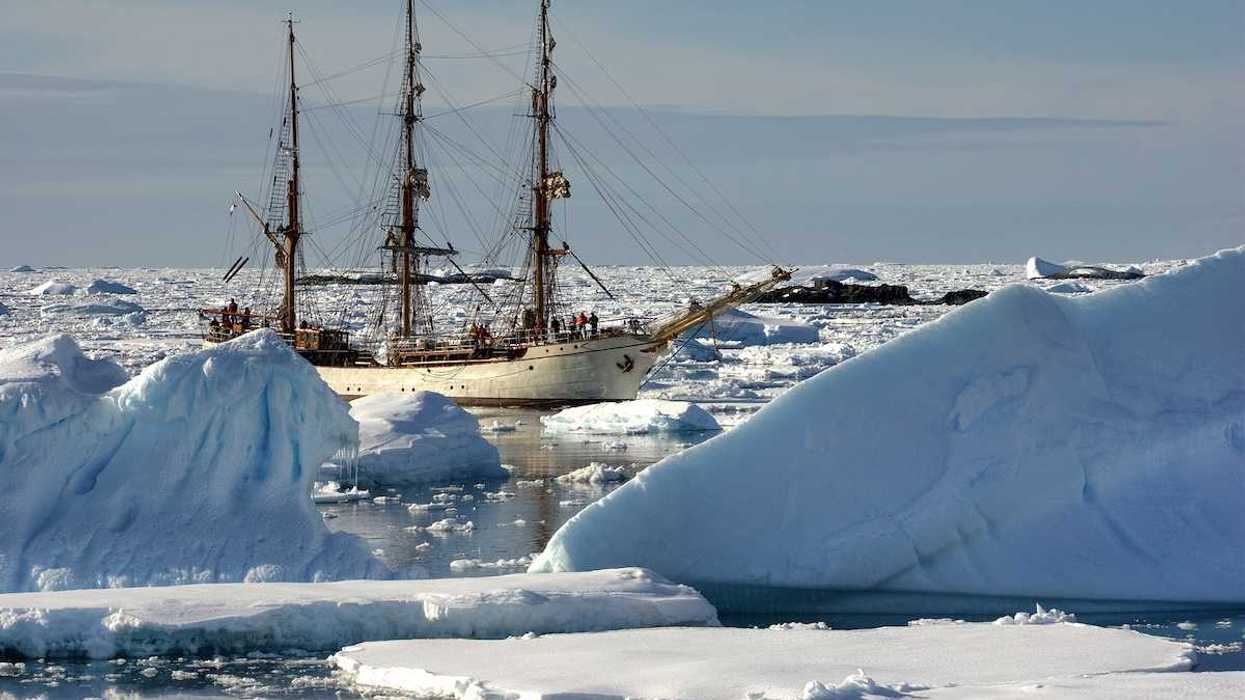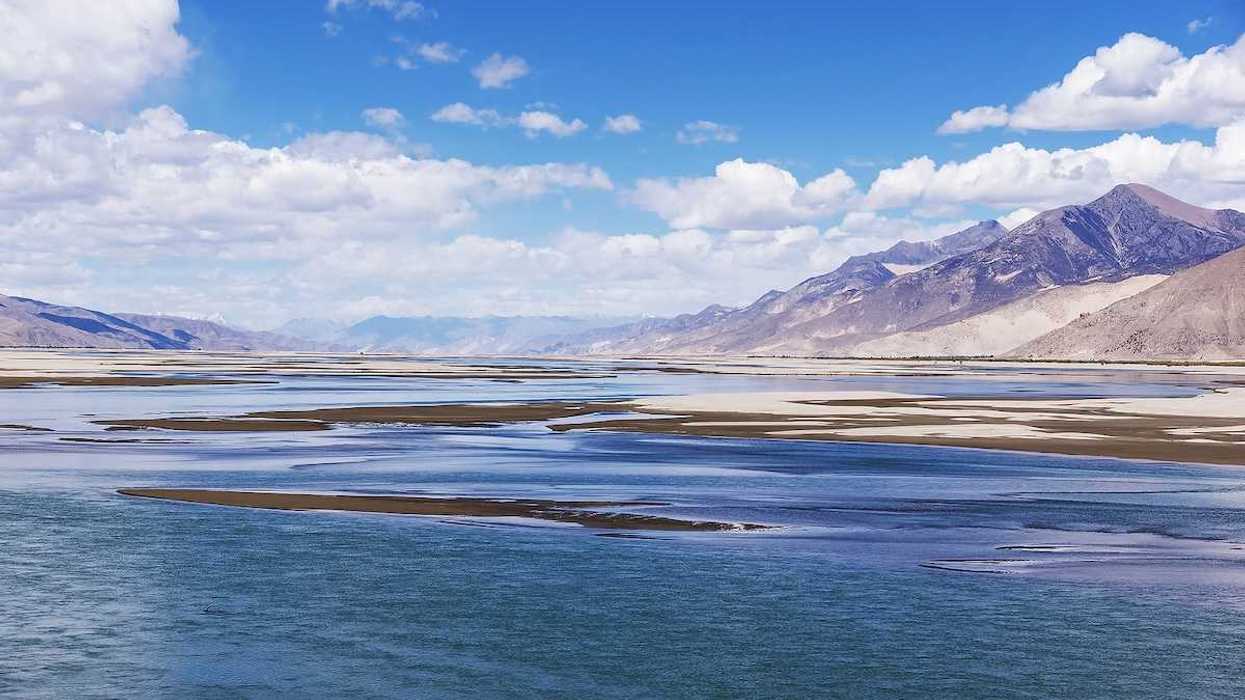A recent analysis reveals a 60% increase in hospital admissions for waterborne diseases in England since 2010, raising concerns about water safety and public health.
Helena Horton reports for The Guardian.
In short:
- Hospital admissions for waterborne diseases, including dysentery and Weil’s disease, have significantly increased from 2,085 cases in 2010 to 3,286 in 2022.
- The surge in diseases correlates with a rise in raw sewage discharges into rivers and seas, exceeding 3.6 million hours last year.
- Labour’s shadow environment secretary criticizes government oversight, proposing stringent measures for water companies to address the pollution.
Key quote:
“It is sickening that this Conservative government has turned a blind eye to illegal sewage dumping that has put thousands of people in hospital.”
— Steve Reed, Labour’s shadow environment secretary
Why this matters:
Waterborne diseases result from pathogens in contaminated water. These illnesses can lead to a range of health problems, from minor physical discomfort to serious conditions such as cholera, dysentery, and typhoid fever. The transmission of these diseases is closely linked to environmental conditions and human activities that affect water quality, including pollution, inadequate sanitation, and insufficient water treatment.
Nurses know that clean air and water are foundational to good health. And on clean water, the solutions we need are—quite literally—upstream.


